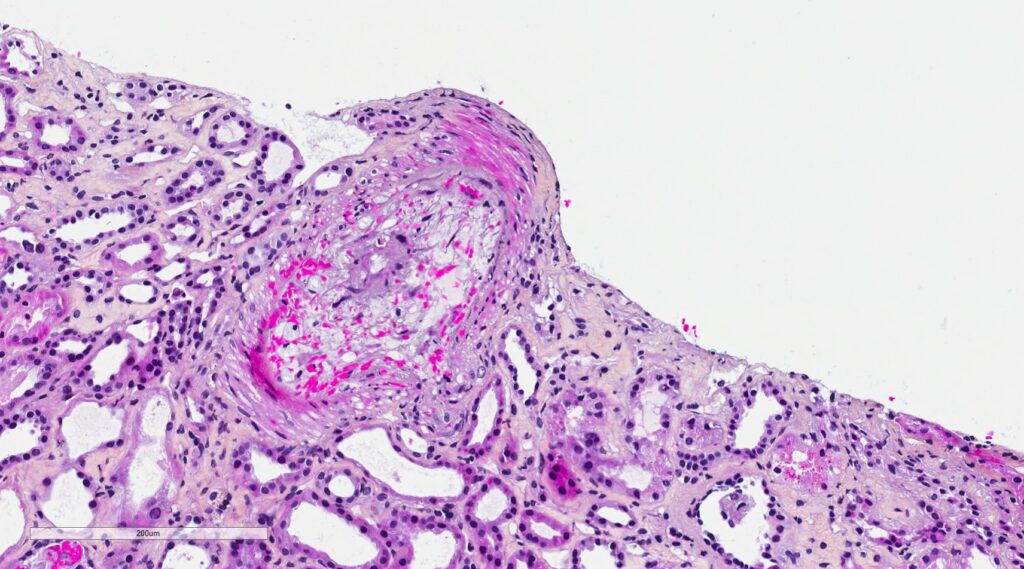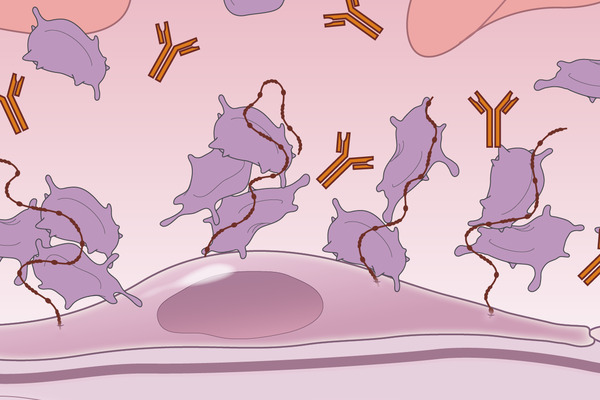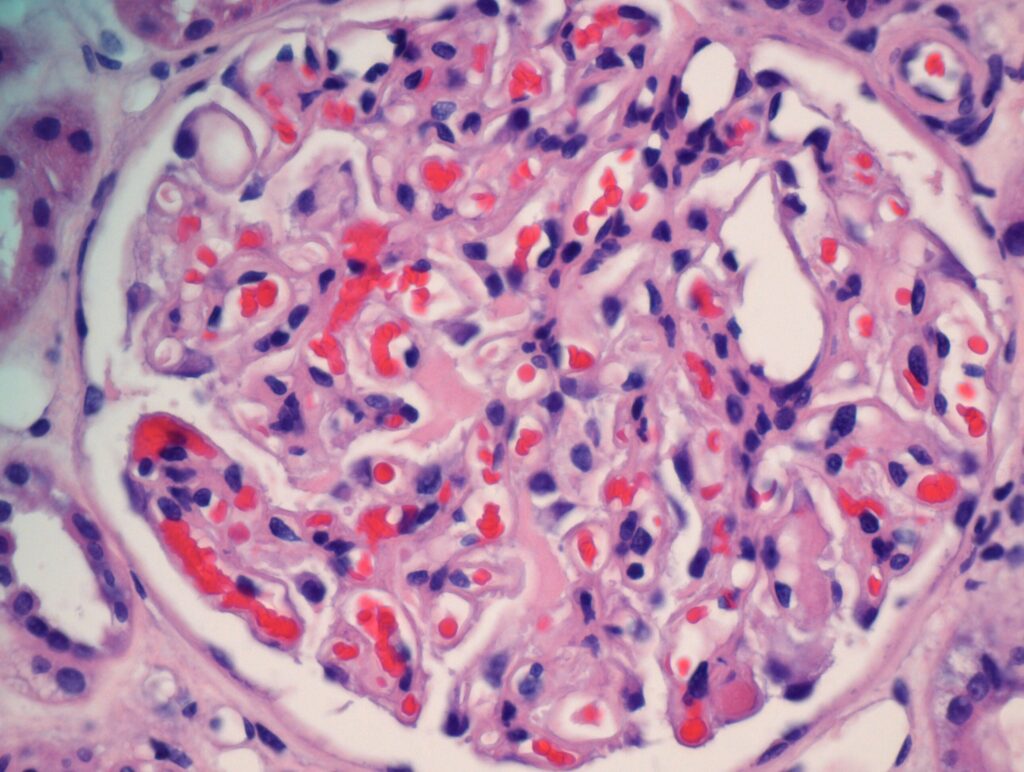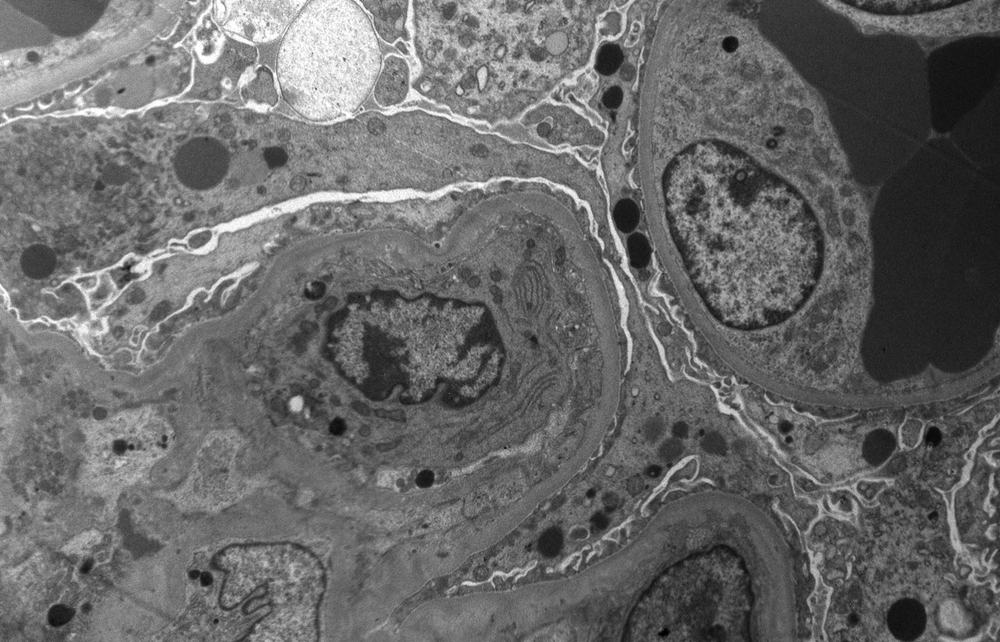Microangiopathy treatment focuses on managing underlying conditions like diabetes and hypertension through medications (e.g., insulin, antihypertensives), and lifestyle modifications such as a healthy diet, regular exercise, and smoking cessation. Medications like antiplatelet agents and vasodilators improve blood flow. Glycemic control is crucial for diabetic patients, with continuous glucose monitors aiding management. Regular monitoring for complications like retinopathy and nephropathy is essential.
Advanced therapies, such as laser treatment for retinopathy, and emerging treatments, including stem cell and gene therapy, offer promising avenues. Collaboration with healthcare providers to customize treatment plans and adherence to prescribed therapies are vital for effectively managing microangiopathy.
What are the best ways to manage microangiopathy?

Managing microangiopathy involves a multifaceted approach that includes lifestyle modifications, medication, and sometimes medical procedures. Adopting a healthy diet rich in fruits, vegetables, whole grains, and lean proteins while minimizing sugar and saturated fats is essential. The DASH (Dietary Approaches to Stop Hypertension) and Mediterranean diets are often recommended. Regular exercise, such as engaging in at least 150 minutes of moderate-intensity aerobic exercise or 75 minutes of vigorous-intensity exercise per week, is beneficial. Maintaining a healthy weight reduces the strain on the cardiovascular system, and quitting smoking is crucial as smoking can worsen blood vessel damage. Additionally, limiting alcohol consumption is advisable.
Medical management plays a significant role in controlling microangiopathy. This includes using antihypertensive medications to keep blood pressure within the recommended range and managing blood sugar levels for diabetic patients through medication and lifestyle changes. Cholesterol levels should be managed with statins or other lipid-lowering medications, and low-dose aspirin or other antiplatelet drugs may be prescribed to prevent clot formation.
Regular monitoring and check-ups with healthcare providers are essential to keep track of blood pressure, blood sugar, and cholesterol levels. Routine screenings for potential complications such as retinopathy, nephropathy, and neuropathy, particularly in diabetic patients, are crucial. In some cases, medical procedures such as angioplasty may be necessary to open narrowed or blocked blood vessels, and laser therapy can help prevent vision loss in patients with diabetic retinopathy.
A multidisciplinary approach, involving a primary care physician, endocrinologist, cardiologist, and possibly a nephrologist or ophthalmologist, ensures comprehensive care. Patient education about the condition, its risk factors, and the importance of adherence to treatment plans is vital. Managing co-existing conditions like renal function and eye health through regular exams helps in preventing further complications. Stress reduction techniques such as meditation, yoga, and mindfulness can aid in managing stress, which is beneficial for overall cardiovascular health. Lastly, adhering to prescribed medication regimens and regularly reviewing medications with healthcare providers to adjust dosages as needed is important for effective management of microangiopathy. Implementing these strategies can help manage the condition effectively and reduce the risk of complications.
How can lifestyle changes help with microangiopathy?

Lifestyle changes play a crucial role in managing microangiopathy by addressing underlying risk factors and improving overall cardiovascular health. Here’s how lifestyle modifications can help:
Healthy Diet
Adopting a diet rich in fruits, vegetables, whole grains, and lean proteins while minimizing sugar, saturated fats, and processed foods can help control blood sugar levels, manage cholesterol, and maintain a healthy weight. Such dietary habits can reduce inflammation and oxidative stress, which are associated with microangiopathy.
Regular Exercise
Engaging in regular physical activity helps improve circulation, lower blood pressure, control blood sugar levels, and manage weight. Aerobic exercises such as walking, cycling, swimming, and jogging are particularly beneficial for cardiovascular health and can help prevent or slow down the progression of microangiopathy.
Weight Management
Maintaining a healthy weight through a combination of balanced diet and regular exercise is essential for reducing the strain on the cardiovascular system. Excess weight contributes to insulin resistance, high blood pressure, and dyslipidemia, all of which are risk factors for microangiopathy.
Smoking Cessation
Quitting smoking is crucial as smoking damages blood vessels, accelerates atherosclerosis, and increases the risk of microangiopathy-related complications such as peripheral artery disease and diabetic retinopathy.
Limiting Alcohol Intake
Excessive alcohol consumption can raise blood pressure, contribute to weight gain, and increase the risk of developing type 2 diabetes, all of which are risk factors for microangiopathy. Limiting alcohol intake to moderate levels is advisable for overall cardiovascular health.
Stress Management
Chronic stress can contribute to hypertension and insulin resistance, which are risk factors for microangiopathy. Stress reduction techniques such as meditation, deep breathing exercises, yoga, and mindfulness can help lower stress levels and improve overall cardiovascular health.
What medicines help with microangiopathy?

Microangiopathy is a condition where tiny blood vessels in our body get damaged. To help manage it, doctors may give different types of medicines:
- Blood Pressure Medicines: These help control high blood pressure.
- Diabetes Medicines: For people with diabetes, these drugs help control sugar levels in their blood.
- Cholesterol Medicines: These drugs help manage high cholesterol levels.
- Antiplatelet Medicines: These stop blood from clotting too much.
- Vasodilators: These make blood vessels wider to help blood flow better.
- Other Medicines: Depending on what problems someone has, doctors might give other medicines.
Final Words
Treating microangiopathy involves managing health problems like diabetes and high blood pressure. We do this by taking medicines and making healthy lifestyle choices like eating well and staying active. Doctors check us regularly to make sure everything is okay and may use special treatments if needed. It’s important to work with our doctors and do what they say to feel better and stay healthy.
